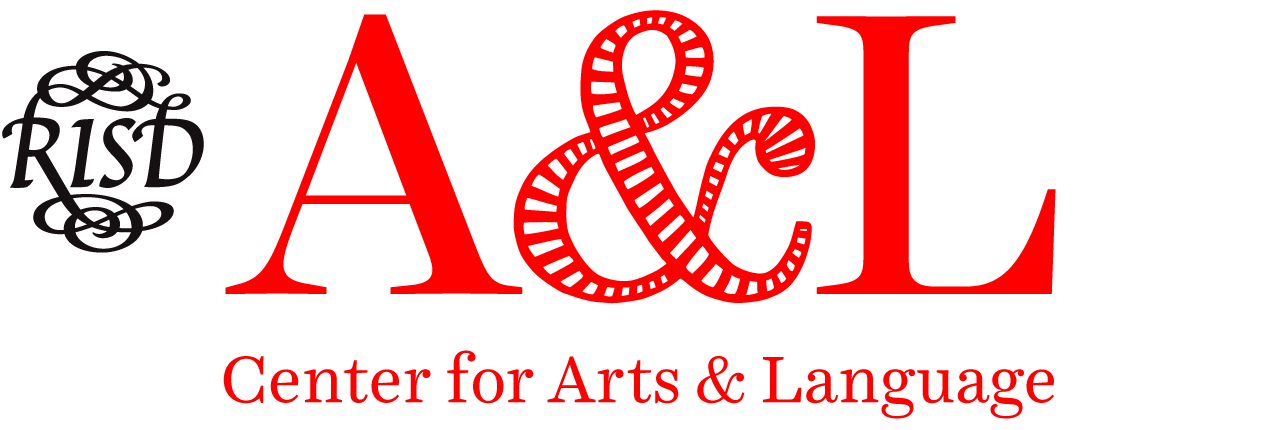Redefining Writing Essay Contest Archive
2024 Winner
“Girls Just Want to Be Dead and in Your Inbox:
The Bastardization of Folkloric Oral Tradition for Digital Social Capital”
by Katherine Fu
With its humor, mystery, introspection, and universal themes, this essay beautifully embodies writing redefined. Overall, it lays out a compelling critique on a cutting-edge topic. Readers are taken in by an engaging voice that blends personal and scholarly genres, discussing historical context, personal experience, and careful analysis with casual vernacular uncommon in academic texts. All this is done in a multimodal form that does a lot of work for the piece. The incorporation of images provides real-world texture; the all-caps headings and star-shaped bullet points reinforce voice; and the color scheme of green and white text on a black page evokes nostalgic html aesthetics as well as the “dark forest” beyond the campfire. This piece seems to take up the invitation to push boundaries at every opportunity, but fine-tunes those choices to be purposeful and effective.
2024 Honorable Mentions
“Displaced Ceremonial Objects as Rituals of Colonial Violence”
by Fraenkie Poluchov
Perhaps the most engaging H101 essay we’ve encountered, this piece seems to break the mold from inside it. While the form seems familiar, the first-person narrative guides us through reflections on research, happenstance, access, decoloniality, and academia. We thoroughly enjoyed the unique voice and perfectly unresolved ending that sustains tension between resentment for and submission to the task at hand.
“Queering Domesticity and Gender in China and Taiwan”
by Lio Chan
We applaud this essay for its nuanced take on a complex topic. The combination of lived experience and scholarly research builds a cross-cultural and inter-generational exploration that feels expansive and experimental. The translingual element highlights the aspects of language and culture that are interdependent—and not always easy to translate.
“Queer Traces — Belief in Fairies”
by Page Sonnet Sullivan
While this essay centers around the personal, it ultimately connects to broader, collective themes. The text weaves together historical research and personal anecdotes, placing the author’s work and identity into meaningful context. And the author’s warm, engaging, and considerate voice makes it a true pleasure to read.

